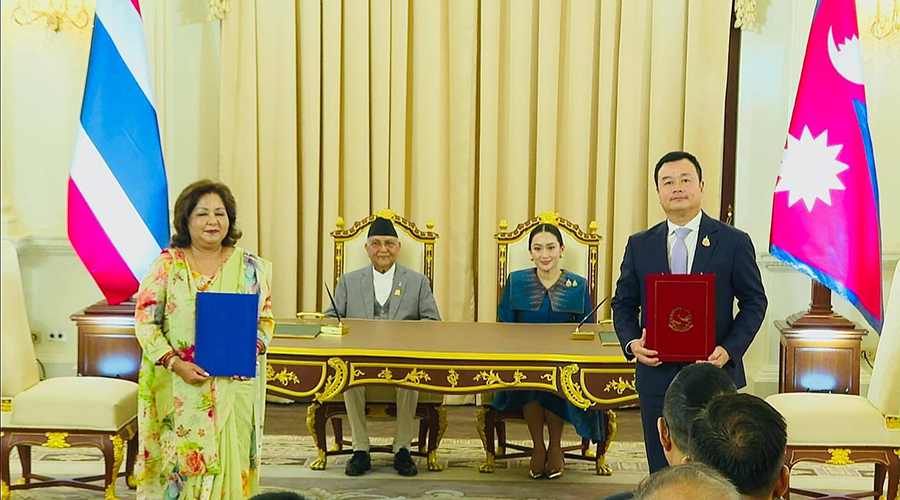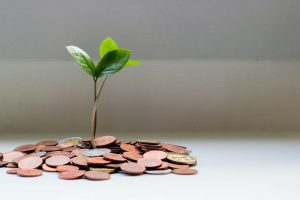
In recent years, there has been an increase in awareness of the need for sustainable development in developing nations. The wide definition of sustainable development encompasses elements related to the economy, society, and environment.
It involves meeting current demands without sacrificing the ability of future generations to meet their own needs. Developing countries should give sustainable development a top priority for a number of reasons.
Sustainable development for opportunities
One crucial step towards sustainable development is investing in renewable energy sources like solar and wind power. These clean and abundant energy sources offer a viable alternative to fossil fuels, reducing reliance on non-renewable resources and lowering greenhouse gas emissions.
By embracing renewable energy technologies, developing countries can mitigate the environmental impact of their energy consumption, promote energy independence, and contribute to global efforts in combating climate change.
Furthermore, investing in renewable energy infrastructure can stimulate economic growth by creating job opportunities and attracting investments in the renewable energy sector.
Promoting sustainable agriculture practices is vital for protecting soil and water resources. Crop rotation and organic farming are two key practices that contribute to sustainable agriculture.
Crop rotation involves alternating the cultivation of different crops in a specific sequence, which helps replenish nutrients in the soil, reduce pest and disease outbreaks, and enhance soil health and fertility.
Organic farming, on the other hand, eliminates the use of synthetic chemicals and relies on natural methods to control pests and diseases, thus preserving the ecological balance and promoting biodiversity.
By adopting these practices, developing countries can maintain soil quality, prevent soil erosion, preserve water resources, and promote sustainable food production to meet the growing demands of their populations.
Promoting ecotourism
Ecotourism presents an opportunity for developing countries to promote conservation efforts while generating income for local communities. By preserving natural habitats and cultural heritage, countries can attract responsible tourists who prioritise sustainability and are willing to support local communities.
Developing ecotourism infrastructure, such as nature reserves, guided tours, and eco-lodges, can create jobs, stimulate economic growth, and provide incentives for the preservation of ecosystems. Moreover, ecotourism can raise awareness about environmental conservation among visitors and foster a sense of appreciation for the natural and cultural heritage of the destination.
By capitalising on their unique natural resources and cultural assets, developing countries can create a sustainable tourism industry that benefits both the environment and local communities.
Involving and investing in local communities

Investing in education and healthcare is essential for reducing poverty and improving the quality of life in developing countries. Accessible and quality education equips individuals with the knowledge and skills necessary to participate in economic activities, innovate, and contribute to sustainable development.
It empowers people to break free from the cycle of poverty and promotes social mobility. Similarly, access to healthcare services, including preventive care, treatment, and sanitation, is crucial for enhancing public health, reducing mortality rates, and increasing productivity.
By prioritising investments in education and healthcare, developing countries can build human capital, reduce inequality, and create a foundation for sustainable social and economic progress.
Inclusive decision-making processes that involve local communities are key to sustainable development. Local communities have invaluable knowledge about their environment, culture, and unique challenges.
By including them in the decision-making process, developing countries can ensure that development initiatives are tailored to the needs and aspirations of local communities. This participatory approach not only fosters a sense of ownership and empowerment but also enhances the likelihood of successful outcomes.
Local communities are often the best place to understand the challenges and opportunities for sustainable development in their area. By actively involving them in decision-making, developing countries can bridge the gap between policy formulation and implementation, promote social cohesion, and achieve sustainable development goals that are inclusive and equitable.
In the nutshell

Sustainable development encompasses more than just environmental protection; it also entails equitable and sustainable economic and social development. Adopting a holistic approach means considering all aspects of development and ensuring that the needs of all stakeholders are met.
This involves striking a balance between economic growth, environmental protection, and social well-being. By integrating environmental considerations into economic policies, promoting social inclusivity, and addressing poverty and inequality, developing countries can achieve a more balanced and sustainable development path.
A holistic approach ensures that development is sustainable in the long run and contributes to the overall well-being of communities and future generations.
Investing in research and development (R&D) is crucial for finding innovative solutions to achieve sustainable development goals. Developing countries need to prioritise R&D efforts in various areas, including renewable energy technologies, sustainable agricultural practices, and efficient utilisation of natural resources.
Through R&D, countries can discover new technologies, processes, and practices that are more environmentally friendly, resource-efficient, and economically viable. Furthermore, investing in R&D can foster knowledge creation and capacity building within the country, driving innovation and providing a foundation for sustainable growth.
By investing in research and development, developing countries can position themselves as leaders in sustainable development and address specific challenges unique to their contexts.
Sustainable development is not an easy task, but it is essential for the future of developing countries. By taking steps to achieve sustainable development, developing countries can improve the lives of their people and protect the environment for future generations.























